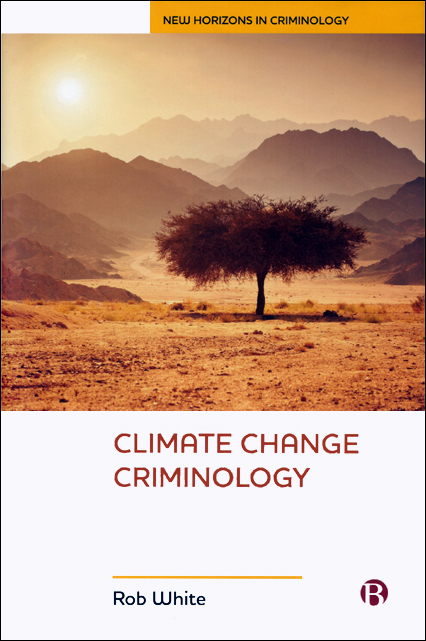Challenges in key government seats reflect growing resentment about its neglect of climate policy. Some believe this failure should attract criminal sanction.

There are signs that after a summer of natural disasters, in 2019 Australians will choose a federal government on the strength of its climate policies. That would make it our first climate election.
Over the quarter-century since governments first pledged at the Rio Earth Summit to stop global warming, we have had nine federal elections. Not once has climate change been a key campaign topic.
But you know something has changed when you hear a badly shaken Bob Katta, the Queensland MP who’s seen it all, declare he’s never seen anything like the Queensland flood disaster.
He couldn’t bring himself to mention climate. He knows it’s changing, like the shocked graziers who spoke of uncharted waters, but he opts for dumb luck as the cause rather than fossil fuels. That also seems to be the position of the Morrison government.
Late last year, Liberal heartland voted against the party without a climate policy and elected Kerryn Phelps as an independent MP for Wentworth on a promise to put climate back on the agenda.
Now, in this election year, three senior Liberal MPs intimately associated with the party’s climate policy fiasco are facing compelling challenges for their seats – all blue-ribbon urban Liberal and all vulnerable on the issue of climate.
In Victoria former environment ministers Greg Hunt and Josh Frydenberg have been challenged by MP Julia Banks and former clean energy bureaucrat Oliver Yates – both former Liberals who believe the party is in denial over climate change.
The most closely watched battle will be in Warringah on Sydney’s affluent north shore, where lawyer Zali Steggall, who was once a world champion skier, takes on another athletic type. Former prime minister Tony Abbott, the arch-enemy of climate action, has held the seat for 25 years.
These will be tough battles. Phelps stood in a by-election against a new Liberal candidate, but each of the new aspirants will be contesting a general election against well-entrenched incumbents with hefty majorities.
But all three challengers believe the government’s climate policy failure will be their gain. The memory of this summer’s events and the nagging questions about their connection with climate change will linger into autumn. Those incumbents must be more than a little concerned.
Australians are starting to understand that this is our future. They can see a time when dealing with what nature is throwing at us could conceivably overwhelm our economy, and they have come to resent the sustained neglect of climate change by government and vested corporate interests.
In Ireland a fortnight ago, EU president Donald Tusk enraged Tory rebels in the UK when he wondered aloud “what that special place in hell looks like, for those who promoted Brexit without even a sketch of a plan how to carry it out safely.”
Tusk was right. The failure of Brexit advocates to consider a foreseeable threat to peace in Ireland and numerous other bad outcomes is a sin against their people. Or in secular terms, criminal negligence.
If Brexit amounts to criminal negligence, how much more so is the failure of governments and corporations to address climate change? A school of thought in universities and legal circles holds that this demands a higher level of censure than mere electoral defeat or a falling share price.
There is growing support in legal circles and universities in many countries for codifying failure to take action on climate as an international crime: ecocide, or destruction of the natural environment.
Climate Change Criminology, a new book by the University of Tasmania’s professor of criminology, Rob White, addresses the multiple injustices that arise when governments, along with business and other leaders, fail to deal with continuing atmospheric pollution.
White, an Australian by choice having emigrated here from Canada many years ago, calls for an end to “narrow prescriptive patriotism” for the sake of the planet as a whole.
Nation-based perspectives are wholly unsuited for dealing with climate change, argues White. Trying to work within national security agendas translates too easily into resource protection and defence of dirty industries.
So climate change criminology must transcend national boundaries and politicians must think of their country as an integral part of the Earth system rather than just an entity in itself. Recent behaviour suggests that would not come easily to Scott Morrison.
As White says, Earth has a future with or without human civilisation. If we are to be part of that future, we need politicians and other leaders to put aside nationalistic agendas and support a universal eco-justice framework. Far-fetched, maybe, but also essential.
The effort needed to achieve this is on a truly epic scale, but we should not be leaving everything just to White and his colleagues. Preventing widespread destruction of Earth’s life systems is everyone’s responsibility. We should all be speaking up for eco-justice.
Rob White will talk about his work at 5.30pm on Thursday in Fullers Bookshop, Hobart, where I will launch his book. All are welcome subject to prior registration.
